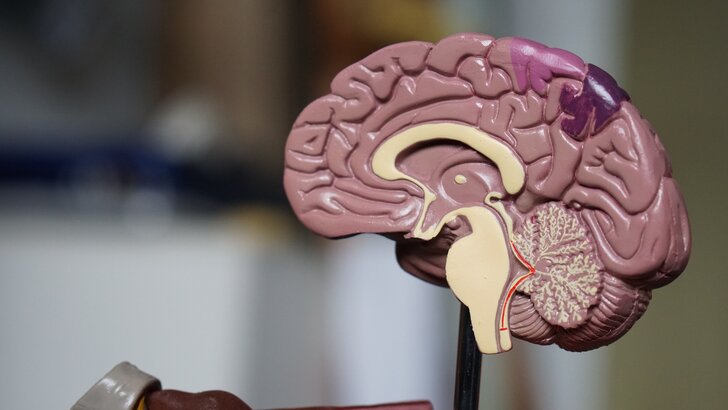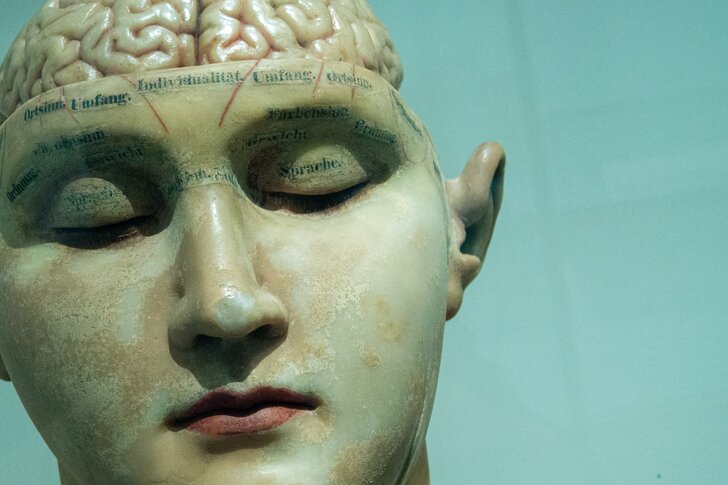
Priceless Insights Into Long-term Memory Loss

Memories are like photographs that get stored in the subconscious brain for an extended period of time. These ‘snippets’ can be from an hour ago or from decades earlier, but some of them remain so fresh in our minds that we can remember and relive the moments at which they happened like it was yesterday.
Now consider a situation when you can’t recall something or someone that’s very dear to you. Just like someone took an eraser and just wiped away one of those photographs from your brain! Sounds unimaginable, right? Sadly, it’s very real, and it happens because of a condition called memory loss.

Alan De La Cruz/Unsplash | Memory loss can be short-term or long-term, but either way, it’s an equally serious condition
Memory loss can be short-term or long-term, but either way, it’s an equally serious condition that causes resistance or difficulty in remembering important events, skills, people, and facts. Despite what you think, it’s very common and multiple factors including aging can trigger it. Stick with us as we shed light on long-term memory loss and the underlying conditions that may be responsible for it.
First things first – what is long-term memory loss?
A condition when someone starts forgetting or is unable to recall certain things that they’re supposed to know or knew previously is termed as long-term memory loss. Some extremely common and initial symptoms of this issue are:
- Difficulty in filling gaps regarding a situation
- Getting lost in places one used to be familiar with
- Forgetting people’s names, their appearance, or who they are
- Forgetting how to perform daily chores like driving a car, using a laptop, etc.
Now, it’s normal to forget certain things with age; it happens with almost everyone. However, if forgetfulness becomes frequent in your life and hampers your everyday routine, that might be a cue to consult a doctor ASAP!
Factors that influence long-term memory loss
#1 – Neurodegenerative conditions
Neurodegenerative conditions lead to gradual deterioration and the death of nerve cells in the brain. This process leads to brain damage and often memory loss, a common example of which is dementia. Dementia leads to irreversible changes in a person’s thinking, learning, and reasoning abilities and can actively lead to both, short and long-term memory loss. Now, dementia occurs at a very later stage in relation to neurodegenerative conditions, meaning, if proper and timely treatment is given, it can be delayed.

Robina Weermeijer/Unsplash | Neurodegenerative conditions lead to gradual deterioration and the death of nerve cells in the brain
#2 – Head injuries
Any intense head injury can lead to the buildup of resistance in delivering blood flow to regions of the affected parts of the brain. It can also hamper parts like the hippocampus and cortex that help in storing memories, causing long-term memory loss.
Now, depending upon the affected area, there are high chances these injuries can’t be treated completely, but there are certain treatments that can help in making a patient’s life easier – like rehabilitation therapy.

David Matos/Unsplash | Any intense head injury can lead to the buildup of resistance in delivering blood flow to regions of the affected parts of the brain, leading to eventual memory loss
When is the right time to see a doctor?
If you or someone in your family is having trouble remembering things or instances, we advise you to consult a doctor immediately. They will help you detect whether the forgetfulness is being caused due to aging or an underlying serious health condition that needs to be detected and treated urgently. God forbid, if you’re detected with a serious condition, make it a point to see the doctor every 6-12 months.
More in Mind & Mental
-
`
Here’s Everything You Need to Know About Open Relationships
An open relationship is a consensual arrangement where partners agree to engage in romantic or sexual relationships with other people. Unlike...
June 6, 2024 -
`
Explore the Multifaceted Goals of Meditation
What is the goal of meditation? If you have ever found yourself asking this question, you are not alone. Meditation has...
May 31, 2024 -
`
When is National I Love You Day Celebrated? Mark Your Calendar
Life can get hectic, and sometimes amidst the daily grind, we forget to express our love and appreciation for the phenomenal...
May 23, 2024 -
`
When’s the Best Time of Day to Fish?
For any angler, a successful fishing trip hinges on several factors. But one of the most crucial elements is timing. Knowing...
May 14, 2024 -
`
What Mental Illness Does Britney Spears Have? Discovering the Answer
Britney Spears, a name that resonates with millions around the globe, goes far beyond the glitz and glamour of her stardom....
May 7, 2024 -
`
Here Are Some Easy Ways To Say No To Unrealistic Expectations In Your Relationship
If you are in a relationship, you should constantly work on improving it. Some early lovebirds fall in love too quickly...
May 3, 2024 -
`
Therapy? Medication? What Are the Treatments for PTSD
Post-Traumatic Stress Disorder (PTSD) is a common after-effect of traumatic events. It can be a debilitating condition, but the good news...
April 25, 2024 -
`
Courting vs Dating – Which Relationship Path is Right for You?
In today’s fast-paced world, the terms ‘courting’ and ‘dating’ often swirl around in conversations about relationships. While some people may use...
April 23, 2024 -
`
Essential Mexico Travel Tips for a Seamless Adventure
Mexico, a land of vibrant culture, breathtaking landscapes, and mouthwatering cuisine, beckons travelers from across the globe. But before you embark...
April 16, 2024















You must be logged in to post a comment Login